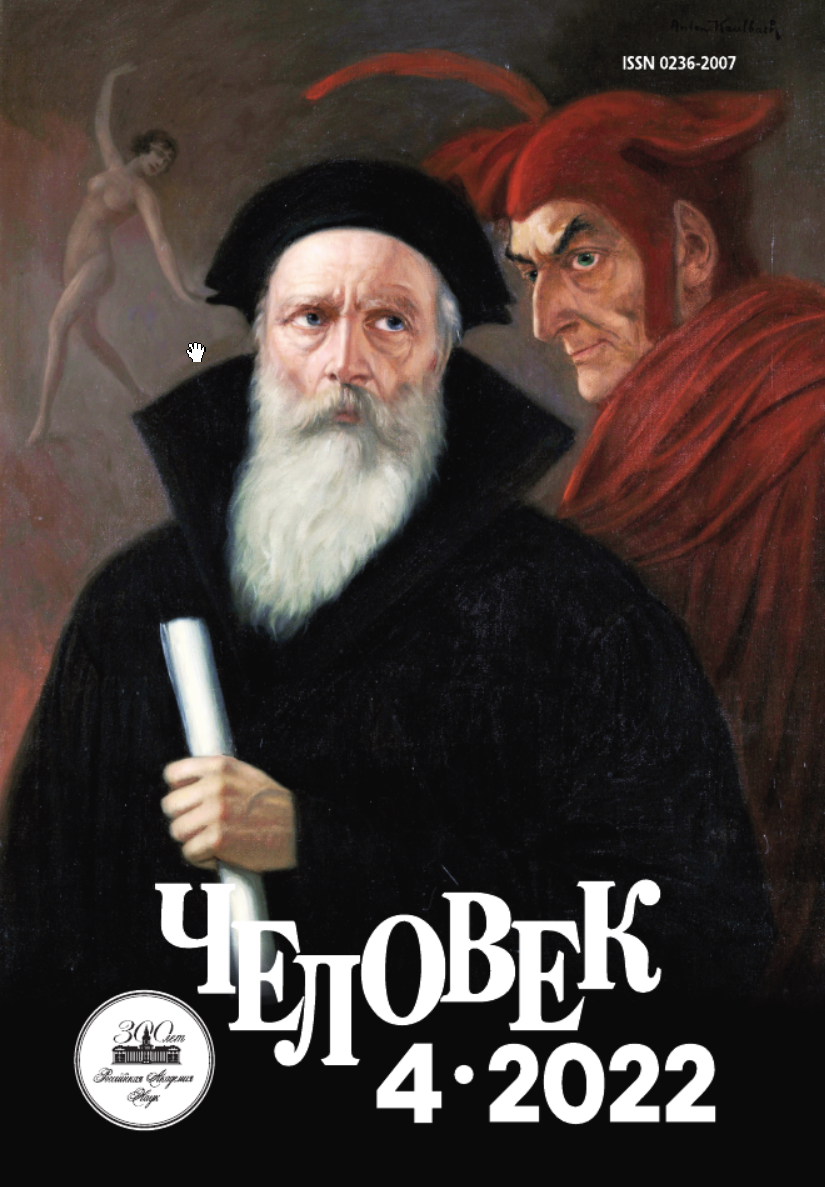Auschwitz: The Ruined Concept of Evil
Keywords:
Morality, philosophy, evil, Auschwitz, radical evil, Nazi ethic, knowledge of good and evil, act, non-killingAbstract
Attempts to philosophically comprehend Auschwitz, which inevitably become acts of moral thinking, are faced with the impossibility of relying on the concept of evil and turn into criticism, through to its rejection. H. Arendt's concept of radical evil, which is fundamentally different in content from Kant's, captures the transformation of people into superfluous, which in the idea of the banality of evil is defined as lack of subjectness. Both radical nature and banality take the idea of evil outside the bounds of moral philosophy. But the peculiarity of thinking about Auschwitz also lies in the fact that it does not allow itself to use those “measurement instruments” that are destroyed or discredited by it. Such a discredited means is the dichotomy of good and evil, which lies at the heart of any, but especially Nazi morality: it is in it that the idea of evil and the appeal to it are present to the greatest extent, in contrast to the world of victims and witnesses. The view of Auschwitz and its assessment as evil by an ethical scientist looking from the outside, for whom evil is given as knowledge, is subjected to special criticism: the author refers to the criticism of the idea of knowledge of good and evil by Spinoza and Bonhoeffer. The remaining opportunity to preserve the concept of evil for those who think of Auschwitz as their own act is rejected on the basis of the conclusion that Auschwitz as the ultimate givennes of killing can only be opposed by the givenness of an act of non-murder that is not mediated by moral ideas and norms, primarily by the idea of combating evil.






